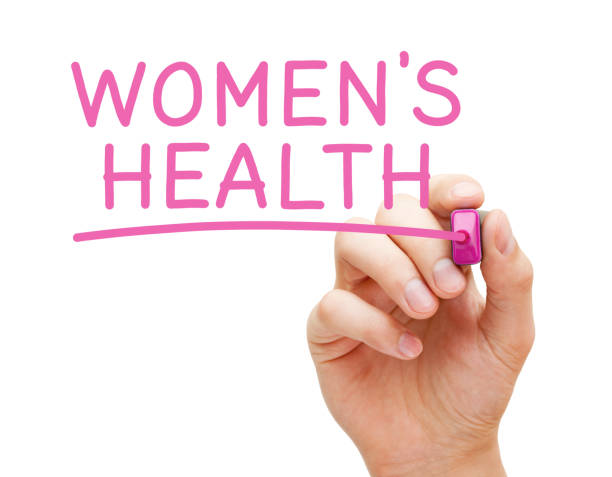Women’s health encompasses a wide range of topics, from reproductive health to mental well-being, physical fitness, and nutrition. It’s essential for women to be proactive about their health to ensure they live a long and fulfilling life. In this article, we will explore the different aspects of women’s health and provide useful tips to help women lead healthier lives.

The Importance of Regular Health Check-ups
One of the key components of maintaining good health is regular check-ups. Women should visit their healthcare provider for routine exams, such as a gynecological exam, mammograms, and other screenings depending on their age and family history. These check-ups help detect potential health issues early, allowing for quicker and more effective treatment.
Screenings and Tests Every Woman Should Know About
Here are some essential screenings that every woman should prioritize:
Pap Smear: This test helps detect cervical cancer and other abnormalities in the cervix. Women should start getting pap smears at the age of 21 and continue until the age of 65.
Mammogram: This is a critical test for detecting breast cancer. Women over 40 should start regular mammogram screenings, although those with a family history of breast cancer may begin earlier.
Bone Density Test: Osteoporosis, a condition that weakens bones, is common in older women. A bone density test can help diagnose this condition early, especially after menopause.
Blood Pressure Monitoring: High blood pressure is a silent killer that can lead to heart disease. Regular checks are essential, particularly for women over 40.
Nutrition and Healthy Eating Habits for Women
What we eat significantly impacts our health. Women’s nutritional needs change over time, particularly during pregnancy, menopause, and other life stages. A balanced diet filled with vitamins, minerals, protein, and healthy fats can improve energy levels, reduce the risk of chronic diseases, and improve overall well-being.
Key Nutrients Every Woman Needs
Women require specific nutrients to maintain optimal health, including:
Calcium: Essential for bone health, especially as women age.
Iron: Vital for producing hemoglobin and preventing anemia, which is common in women.
Folic Acid: Important for women who are planning to become pregnant, as it helps prevent birth defects.
Vitamin D: Works with calcium to promote strong bones and prevent osteoporosis.
Physical Fitness and Mental Health for Women
Physical activity is a crucial part of a healthy lifestyle. It not only helps maintain a healthy weight but also boosts mental health. Exercise releases endorphins, which are chemicals in the brain that improve mood and reduce stress. For women, regular physical activity is essential to combat the effects of hormonal fluctuations, especially during menopause.
Exercise Tips for Women at Different Life Stages
Young Adults: Regular cardiovascular exercise, such as running, swimming, or cycling, can help build stamina and improve heart health.
Middle-Aged Women: Strength training is important at this stage to prevent muscle loss and maintain bone density.
Older Women: Low-impact exercises, such as walking or yoga, are beneficial for improving flexibility and reducing the risk of injury.
The Impact of Mental Health on Women’s Overall Wellness
Mental health is just as important as physical health. Stress, anxiety, depression, and other mental health conditions affect many women. Balancing family life, work, and personal health can sometimes feel overwhelming, but taking time to focus on mental well-being is essential.
Managing Stress and Promoting Mental Well-being
There are several ways women can improve their mental health:
Mindfulness and Meditation: These practices help reduce stress and improve focus.
Seeking Support: Talking to a therapist or counselor can be incredibly beneficial in managing emotional and mental health issues.
Building a Support Network: Surrounding yourself with supportive friends and family can help reduce feelings of isolation.
Conclusion
Women’s health is a multifaceted topic that requires attention at every stage of life. From regular health check-ups to maintaining a balanced diet and managing mental health, taking care of oneself should always be a priority. Women can improve their overall well-being by staying informed and proactive about their health. Remember, small lifestyle changes can have a profound impact on long-term health and happiness.